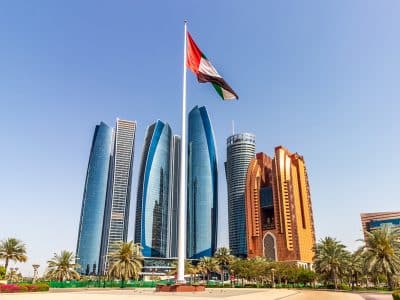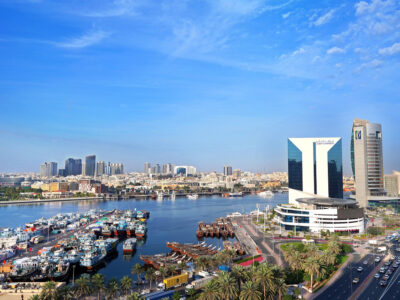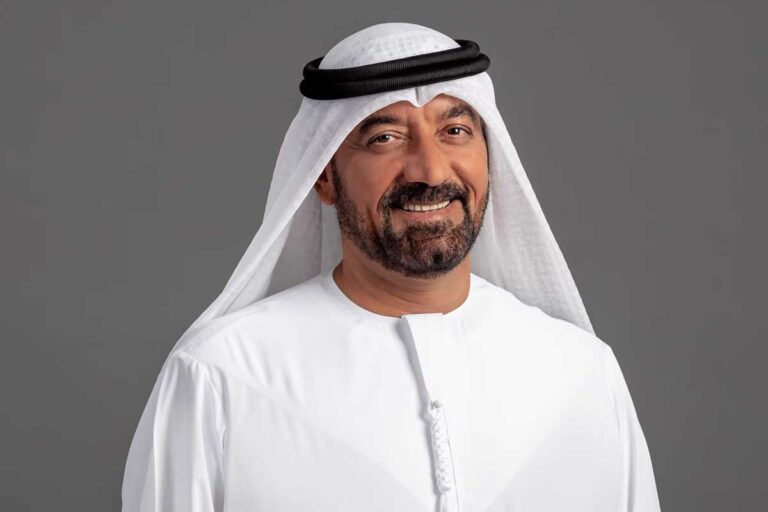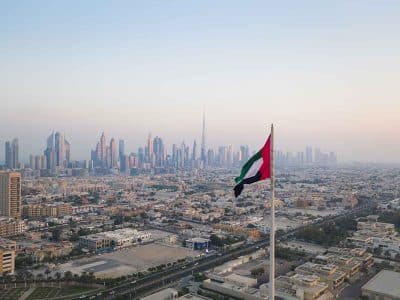The Dubai Free Zones Council (DFZC), chaired by His Highness Sheikh Ahmed bin Saeed Al Maktoum, held its 31st meeting to discuss strategic initiatives aimed at supporting sustainable economic growth and enhancing the global competitiveness of Dubai’s free zones.
The Council underlined the importance of fostering a flexible and integrated legislative environment to support business operations and boost investor confidence, according to a statement by the Dubai Media Office.
Enhancing Dubai’s free zone competitiveness
The meeting began with a review of the progress made in implementing the guidelines of the UAE National Anti-Money Laundering and Combatting Financing of Terrorism and Financing of Illegal Organizations Committee (NAMLCFTC) across Dubai’s free zones.
Discussions focused on alignment with the National Risk Assessment (NRA) outcomes, data integrity, operational challenges, and overall compliance readiness.
Council members also reviewed the requirements issued by the National Committee, including targeted practices and the roadmap for the 2025–2027 assessment cycles.
A set of recommendations was presented to improve compliance efficiency and support the UAE’s preparedness for upcoming evaluations.
The meeting also focused on the implementation of Executive Council Resolution No. (11) of 2025, which regulates the operations of free zone entities in Dubai.
The Resolution represents a milestone, allowing businesses to expand locally without the need to establish new legal entities.
The Council reviewed the Resolution’s implementation phases, dual licensing criteria, and integration with digital platforms—aligned with global competitiveness benchmarks and the Dubai Economic Agenda D33, which seeks to double the size of the emirate’s economy over the next decade and position Dubai among the top three global cities.
Discussions also covered efforts to streamline procedures and ensure a seamless experience in obtaining services and licences from local and federal entities, particularly for activities that require external approvals.
The Council addressed challenges related to overlapping jurisdictions and procedural inconsistencies.
Proposed solutions included full digital transformation, the adoption of unified standards, risk-based classification of activities, and the fast-tracking of strategic projects.
The meeting also included updates on the development of special economic zones, a review of the Council’s achievements, and a discussion of key strategic initiatives.








